Jul 02, 2020
Why you need to prioritise DevOps with your remote team

One of the most important elements of a DevOps team is collaboration, it’s what the culture is built on to ensure continuity and integration across teams and workplace applications. The importance of collaboration has only been exacerbated by the current global pandemic of COVID-19 and need to work remotely.
As the impact of COVID-19 continues to infiltrate through our lives, the IT landscape is drastically shifting timelines around DevOps and cloud based projects to support the increase of remote working environments. Businesses will not be able to stay afloat without looking at their cloud strategy as a matter of urgency, if they haven’t already.
DevOps is becoming more critical within the overall IT strategy to ensure employees and developers are well versed in staying up and running and connected to their teams for productivity purposes. Everything that we offer at Innovo Technology Services is in line with supporting a remote working enterprise, this is our area of expertise when it comes to leveraging DevOps within an organisation.
There are specific ways that you can build strength and cohesion whilst teams work remotely with DevOps, here is some insight that we have gathered and recommend:
If you think about very large and dispersed teams across a global organisation with tens of thousands of employees all working together, the luxury of being in the same room to plan and meet goals, was never there, even prior to COVID-19. There could be critical team members that an enterprise relies on and this could be a mix of direct employees and outsourced associates, and therefore, requiring the use of different applications and platforms.
These kind of organisations have no choice but to streamline communication and automation across software applications, to ensure productivity leads to successful results. This is the mindset shift that is required now that we are working within a remote and online workforce. Everyone that is employed, or employing staff within an enterprise must think about the bigger picture if they are to stay afloat.
DevOps, by nature, assists teams to become collaborative and flexible and able to adapt to a changing work environment as and when is needed. Remote and agile DevOps delivery can streamline disparate projects and workflows effortlessly once implementation is in place and integration is rolled out.
The remote working method, in conjunction with DevOps, can prepare a team and global enterprise for instilling an agile culture and although the initial implementation may cause some headaches, this will result in less bottlenecks and blocks in processes and KPI measurement. Teams will stop being reliant on particular key players because visibility to projects becomes easier with DevOps in place. Applications like Slack allow teams to work smoothly with set timelines and dates, because they understand where a project is at and are privy to where a human resource may be falling behind or human error has come into play. Improved automation encourages enhancements in the communication chain for all parties within an organisation.
Part of the reason organisations are finding this time challenging is that DevOps hasn’t yet been prioritised, due to other more essential projects taking the front seat. The avoidance of remote working cohesion, collaboration and communication will lead to some short term pain in our current global situation. The good news is companies like Innovo Technology Solutions can help with the implementation of DevOps projects for remote working conditions to improve the circumstances over the mid-long term. We don’t know how long we will be experiencing a global pandemic like COVID-19, it is recommended that DevOps, continuous integration and continuous delivery get addressed with key stakeholders as soon as possible to not only support the business to survive, but to also support the wellbeing of employees so they can do their job without the extra complexity.
Sticking with old ways and traditional methods of workplace communication could present another issue for enterprises. Physically meeting with your team in order to understand key projects deliverables, propagates a DevOps ‘anti-pattern’, which legitimises the need for face time with key players within the enterprise or management team. This creates a bottleneck for bigger decisions to be made and removes the ability to measure productivity because KPI’s are not accurate. This is obviously a managerial concern, but something to consider as you prioritise your upcoming projects and automation considerations.
Remote working can be of significant benefit to employers and employees when it comes to cost, productivity and quality of life or work/life balance. Having regular check in points and/or meetings that are set on the calendar bi-monthly or quarterly can ensure the continuity of business practices and gets the team used to being present for the cadence of measuring results and setting new goals collaboratively.
There are a myriad of tools to support remote workers like Zoom, Slack, G-suite, GitHub and more, that can help you to execute a collaborative strategy with DevOps, more easily. Having check in and productivity meetings, via tools like Zoom, is a great way to ensure you can see the faces of your employees and engage with them in a more personalised way. Keeping your employees present and in full attendance can assist with the collaboration that is required to successfully rollout new DevOps standards.
Before COVID-19, it has been recommendation to over-communicate to employees to keep them engaged in the remote working environment, however this is something to carefully consider given the influx of information your employees are receiving during this global crisis. Keeping consistent with communication on collaboration tools like Slack, could be a great way for staff to feel engaged when they are logged onto these platforms. It is a time to consider how many applications are required for a workforce to run efficiently, and to make redundant any that are creating ‘white noise’ that dilutes the messages you want your employees to receive and action.
Download our latest CIO guide to DevOps for remote working environments.


